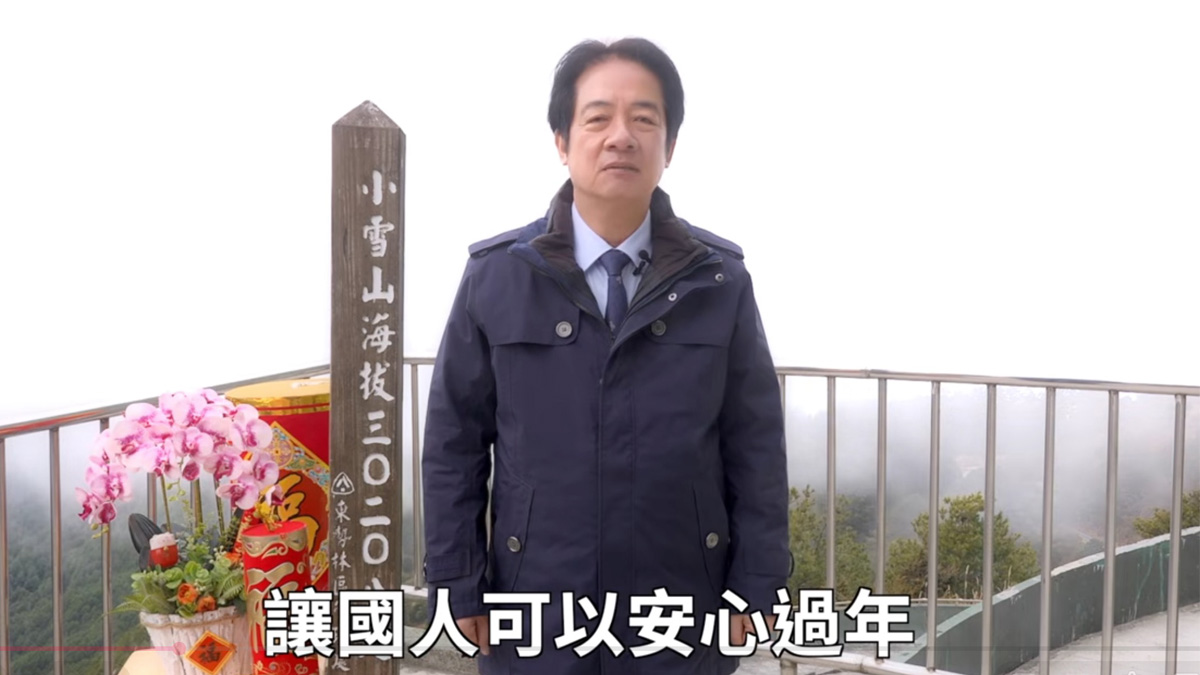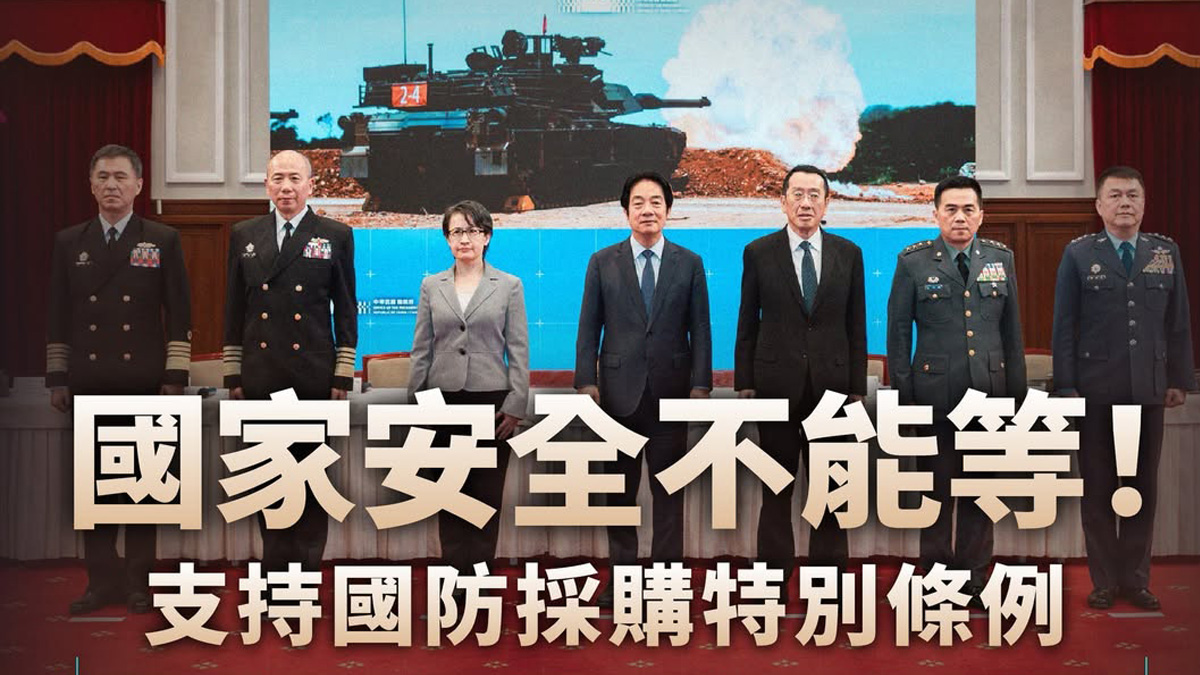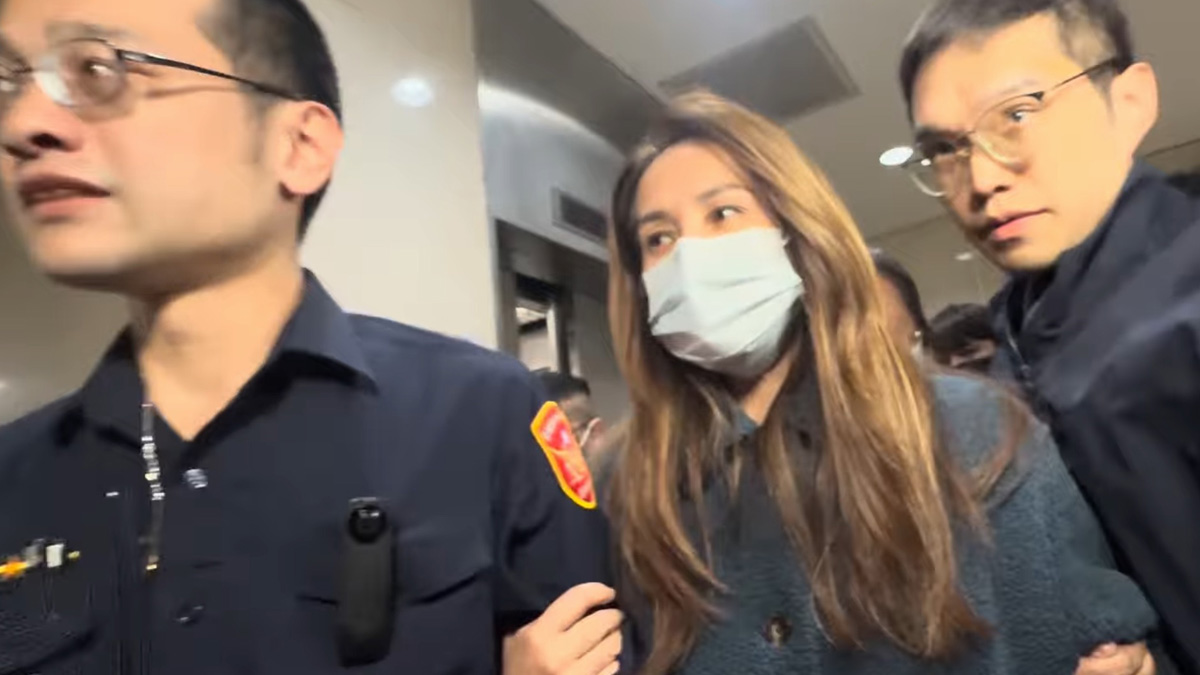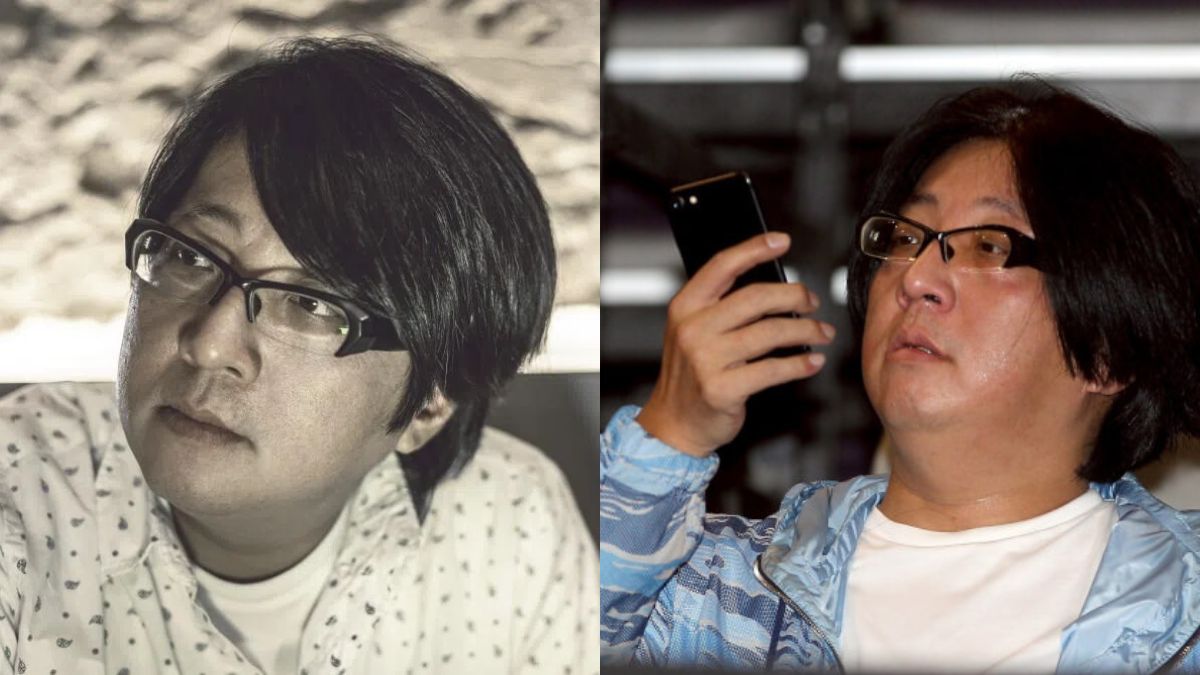Xi Jinping calls for 'national reunification' in message to new Taiwan KMT leader Cheng Li-wun
China’s President Xi Jinping has congratulated newly elected Kuomintang (KMT) chairperson Cheng Li-wun, calling for stronger CCP–KMT ties and renewed efforts toward national reunification. Cheng, who takes office on 1 November, said she supports peaceful exchanges but avoided references to unification.
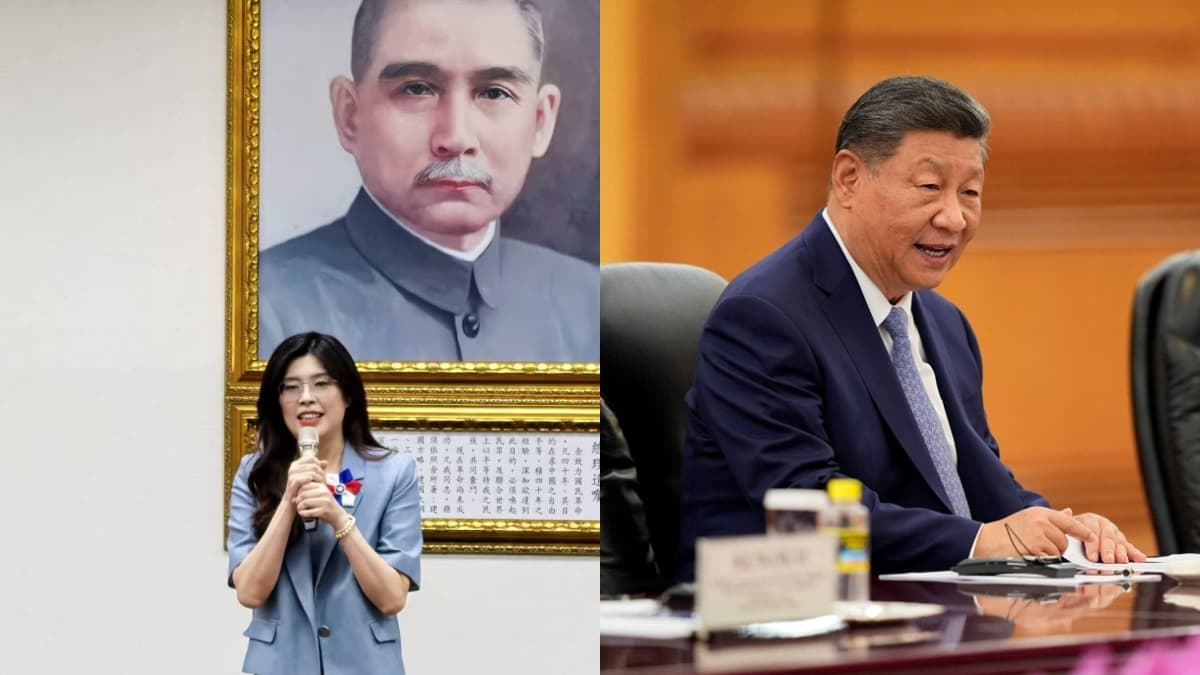
- Xi Jinping urged deeper CCP–KMT cooperation and reaffirmed the goal of China–Taiwan reunification.
- New KMT chair Cheng Li-wun expressed readiness for dialogue with Beijing but avoided mentioning unification.
- Cheng pledged to promote cross-Strait peace while denying claims that her party is influenced by Beijing.
China’s President Xi Jinping has reaffirmed Beijing’s goal of national reunification in a congratulatory message to Cheng Li-wun, the newly elected chairperson of Taiwan’s Kuomintang (KMT).
According to Xinhua on 19 October, Xi called for the KMT and the Chinese Communist Party (CCP) to “strengthen their common political foundation” and to “firmly safeguard the shared home of the Chinese nation.” He reiterated the need to “advance national reunification” and oppose Taiwan independence.
Cheng, 55, secured the KMT leadership on 18 October with 50.15 per cent of votes, defeating five other candidates, as reported by Taiwan media. She will formally assume the position on 1 November.
In her public response, Cheng said both parties should “strengthen cross-Strait exchanges and cooperation on the existing foundation (and) promote peace and stability across the Taiwan Strait.”
Her reply echoed long-standing KMT policy of engagement but stopped short of endorsing unification.
Speaking to reporters, Cheng acknowledged Xi’s message, saying the “common language” remained the “1992 Consensus” and opposition to Taiwan independence. She also expressed willingness to travel to mainland China to meet Xi.
On 18 October, Cheng wrote on Facebook that the KMT’s future domestic and external relations would be guided by “equality, respect, and reciprocity.”
She added that the party would not allow Taiwan to become a “troublemaker” or a “geopolitical sacrifice,” pledging to serve as a “builder of regional peace.”
Cheng, a former member of the ruling Democratic Progressive Party (DPP), later defected to the KMT, where she has taken a more China-friendly stance.
She has criticised the DPP for “playing the anti-China card” in local politics and warned that escalating defence spending could raise regional tensions.
The KMT is traditionally seen as Beijing’s preferred dialogue partner, in contrast to the current Taiwanese government led by President William Lai, who has consistently rejected China’s sovereignty claims.
Lai’s administration maintains that Taiwan’s future should be determined by its people and has expanded defence cooperation with the United States and other allies.
Despite her conciliatory tone toward Beijing, Cheng’s victory has been met with scepticism among some Taiwanese voters.
Critics have accused the KMT of being “red-leaning” and overly sympathetic to mainland interests.
Cheng has denied such claims, asserting that the KMT’s approach is grounded in pragmatism and the pursuit of peace.
Observers note that Xi’s message to Cheng underscores Beijing’s intent to maintain political engagement with Taiwan’s opposition, especially ahead of future electoral cycles that may affect cross-Strait dynamics.
The new KMT leadership faces the challenge of balancing domestic expectations for sovereignty with its commitment to dialogue and economic cooperation with Beijing, amid growing geopolitical tensions in the Indo-Pacific region.


